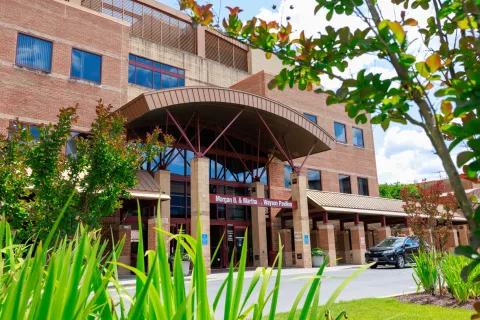Receiving a diagnosis of skin cancer might feel overwhelming. The good news is, when caught early, most skin cancers are treatable.
What Is Skin Cancer?
Skin cancer is a type of cancer that begins in the skin cells. Skin cancer is very common. According to the American Cancer Society, it's by far the most common type of cancer. About 5.4 million people in the United States receive a skin cancer diagnosis every year.
No form of skin cancer is good news, but some are more serious than others. Types of skin cancer include:
- Basal cell skin cancer, which is the most common type of skin cancer. Basal cell cancers develop in the outermost layer of the skin. Most are caused by exposure to ultraviolet (UV) rays that come from the sun or indoor tanning.
- Squamous cell skin cancer, which is the second most common skin cancer. Squamous cell cancers grow near the surface of the skin. They usually appear in sun-exposed areas like the face, ears, neck and back of the hands.
- Melanoma, which occurs in the cells of the skin that produce pigment. These cells are called melanocytes. Melanocytes are present in and around our eyes so it is important to protect your eyes from sun exposure, too!
Several types of rare skin cancers exist, including Merkel cell skin cancer and acral lentiginous melanoma (ALM). ALM is more common in people of color.













